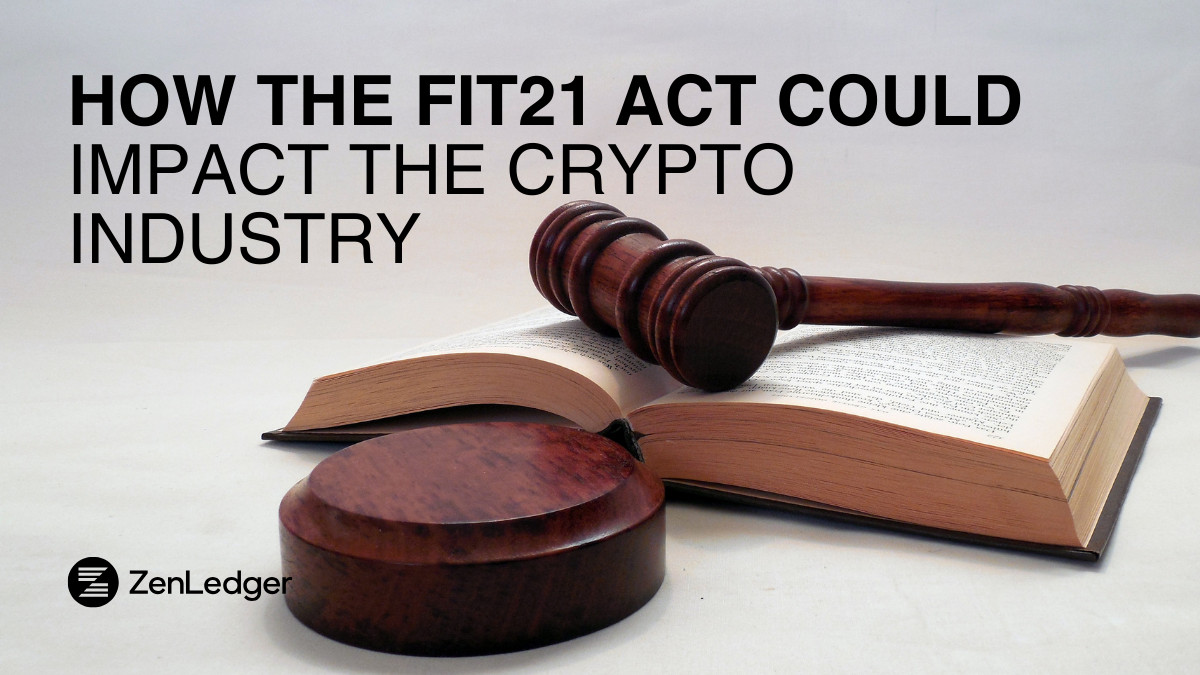How Regulatory News Impacts Cryptocurrency Markets

- Understanding the relationship between regulatory news and cryptocurrency prices
- The impact of government regulations on the volatility of digital assets
- How regulatory uncertainty can lead to market fluctuations in the crypto space
- Analyzing the role of regulatory bodies in shaping the future of cryptocurrencies
- Investor sentiment and market reactions to regulatory announcements in the crypto industry
- Strategies for navigating the ever-changing regulatory landscape in the world of digital currencies
Understanding the relationship between regulatory news and cryptocurrency prices
Regulatory news plays a crucial role in influencing the prices of cryptocurrencies. When regulatory bodies announce new policies or regulations related to the crypto market, it can have a significant impact on investor sentiment and market dynamics. Understanding the relationship between regulatory news and cryptocurrency prices is essential for traders and investors to make informed decisions.
One way in which regulatory news affects cryptocurrency prices is through market volatility. Uncertainty surrounding new regulations can lead to increased price fluctuations as investors react to the news. This volatility can present both opportunities and risks for traders, depending on their risk tolerance and investment strategy.
Moreover, regulatory news can also influence the overall adoption and mainstream acceptance of cryptocurrencies. Positive regulatory developments, such as clear guidelines and regulations that support the growth of the crypto market, can boost investor confidence and attract more institutional investors. On the other hand, negative regulatory news can create uncertainty and hinder the adoption of cryptocurrencies.
It is important for market participants to stay informed about regulatory news and developments to anticipate potential price movements and adjust their trading strategies accordingly. By closely monitoring regulatory announcements and understanding their implications on the cryptocurrency market, investors can better navigate the volatile nature of the crypto market and make more informed decisions.
The impact of government regulations on the volatility of digital assets
Government regulations play a crucial role in shaping the volatility of digital assets in the cryptocurrency markets. When regulatory news is announced, it can have a significant impact on the prices of cryptocurrencies, causing sudden fluctuations in value. This is because investors and traders react to regulatory changes by adjusting their positions, leading to increased buying or selling pressure.
Regulations can affect digital assets in various ways, such as restricting their use, imposing taxes, or requiring licenses for trading. These measures can create uncertainty in the market, leading to heightened volatility as investors try to assess the potential impact on their investments. Additionally, regulatory crackdowns on illegal activities in the cryptocurrency space can also contribute to market volatility.
Furthermore, the lack of uniformity in regulations across different countries can add to the volatility of digital assets. Divergent regulatory approaches can create arbitrage opportunities for traders, leading to price disparities between markets. This can result in increased volatility as traders exploit these differences to profit from price discrepancies.
In conclusion, government regulations have a significant impact on the volatility of digital assets in the cryptocurrency markets. Investors and traders closely monitor regulatory developments and adjust their strategies accordingly to navigate the ever-changing regulatory landscape. As regulations continue to evolve, the volatility of digital assets is likely to persist, making it essential for market participants to stay informed and adapt to regulatory changes.
How regulatory uncertainty can lead to market fluctuations in the crypto space
Regulatory uncertainty in the cryptocurrency space can have a significant impact on market fluctuations. When news of potential regulations or changes in existing regulations emerges, investors and traders often react swiftly, leading to increased volatility in the market. This uncertainty can cause prices to fluctuate rapidly as market participants try to assess the potential impact of the regulatory changes.
One of the main reasons why regulatory uncertainty can lead to market fluctuations is the lack of clarity around how cryptocurrencies will be treated by governments and regulatory bodies. Without clear guidelines on how cryptocurrencies will be regulated, investors may become hesitant to enter or stay in the market, leading to sudden price drops or spikes.
Moreover, regulatory uncertainty can also create opportunities for market manipulation. Bad actors may spread false information or rumors about upcoming regulations to manipulate prices for their benefit. This can further exacerbate market fluctuations and erode trust in the cryptocurrency market.
Overall, regulatory uncertainty is a key driver of market fluctuations in the cryptocurrency space. Until there is more clarity and stability in the regulatory environment, investors can expect to see continued volatility in cryptocurrency prices.
Analyzing the role of regulatory bodies in shaping the future of cryptocurrencies
Regulatory bodies play a crucial role in shaping the future of cryptocurrencies. The decisions and policies they implement can have a significant impact on the overall market sentiment and investor confidence. By providing guidelines and regulations, these bodies aim to protect consumers and prevent fraudulent activities in the cryptocurrency space.
One of the key ways in which regulatory bodies influence the cryptocurrency market is through the approval or rejection of new projects and technologies. **Cryptocurrency** companies often need to comply with certain regulations to operate legally, and regulatory bodies have the power to grant or deny licenses and approvals. This can affect the growth and development of the cryptocurrency ecosystem.
Moreover, regulatory bodies also monitor and investigate potential cases of market manipulation and fraud. **Cryptocurrency** markets are known for their volatility, and bad actors can take advantage of this to engage in illegal activities. By cracking down on such practices, regulatory bodies help maintain the integrity of the market and protect investors from scams.
In addition, regulatory bodies can also influence the adoption of cryptocurrencies on a larger scale. **Cryptocurrency** regulations can vary significantly from country to country, and some governments have taken a more proactive approach to embracing digital currencies. By providing clear guidelines and frameworks for businesses to operate within, regulatory bodies can help foster innovation and growth in the **cryptocurrency** industry.
Overall, the role of regulatory bodies in shaping the future of cryptocurrencies cannot be understated. Their decisions and actions have a direct impact on the market dynamics and the overall perception of digital assets. As the **cryptocurrency** market continues to evolve, it will be crucial for regulatory bodies to strike a balance between fostering innovation and protecting consumers.
Investor sentiment and market reactions to regulatory announcements in the crypto industry
Investors in the cryptocurrency market closely monitor regulatory announcements as they can have a significant impact on market sentiment and price movements. When regulatory news is released, investors often react swiftly, either buying or selling their assets based on their interpretation of the implications of the announcement.
Market reactions to regulatory news in the crypto industry can vary widely depending on the nature of the announcement. Positive regulatory developments, such as the approval of a new cryptocurrency exchange or the introduction of regulations that provide clarity for market participants, can lead to a surge in investor sentiment and a corresponding increase in cryptocurrency prices.
Conversely, negative regulatory news, such as a ban on cryptocurrency trading or the imposition of strict regulations that limit market activity, can lead to a sharp decline in investor sentiment and a corresponding decrease in cryptocurrency prices. In some cases, regulatory announcements can even trigger panic selling as investors rush to exit the market before the full impact of the news is felt.
Overall, investor sentiment and market reactions to regulatory announcements in the crypto industry play a crucial role in shaping the direction of the market. It is essential for investors to stay informed about regulatory developments and to carefully consider the potential implications of such news on their investment decisions. By staying informed and reacting strategically to regulatory news, investors can navigate the volatile cryptocurrency market more effectively.
Strategies for navigating the ever-changing regulatory landscape in the world of digital currencies
In order to successfully navigate the constantly changing regulatory landscape in the realm of digital currencies, it is crucial for market participants to stay informed and adapt to new developments. Here are some strategies to help you stay ahead of the curve:
- Stay informed: Keep abreast of the latest regulatory news and updates from relevant authorities to ensure compliance with changing laws and regulations.
- Engage with regulators: Establish open lines of communication with regulatory bodies to gain insights into their perspectives and expectations.
- Consult with legal experts: Seek guidance from legal professionals who specialize in cryptocurrency regulations to ensure that your operations are in line with the law.
- Implement robust compliance measures: Develop and implement comprehensive compliance programs to mitigate regulatory risks and demonstrate your commitment to operating within the bounds of the law.
- Stay agile: Be prepared to adapt your business practices and strategies in response to regulatory changes to maintain your competitive edge in the market.
By following these strategies, you can navigate the complex regulatory landscape surrounding digital currencies with confidence and ensure the long-term success of your operations.



